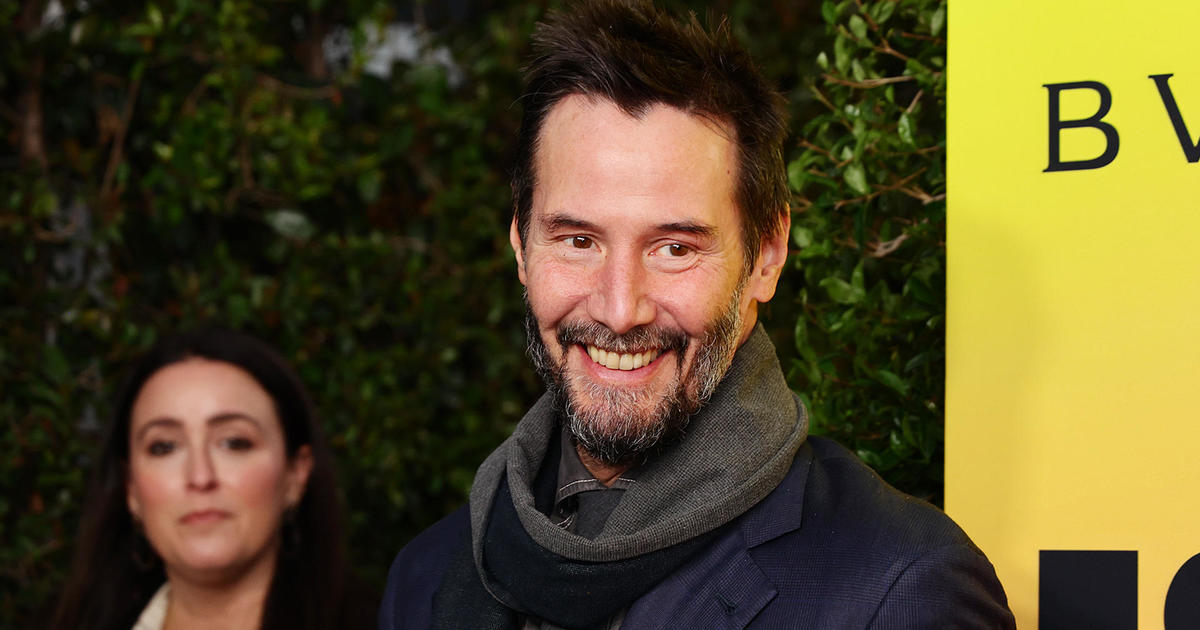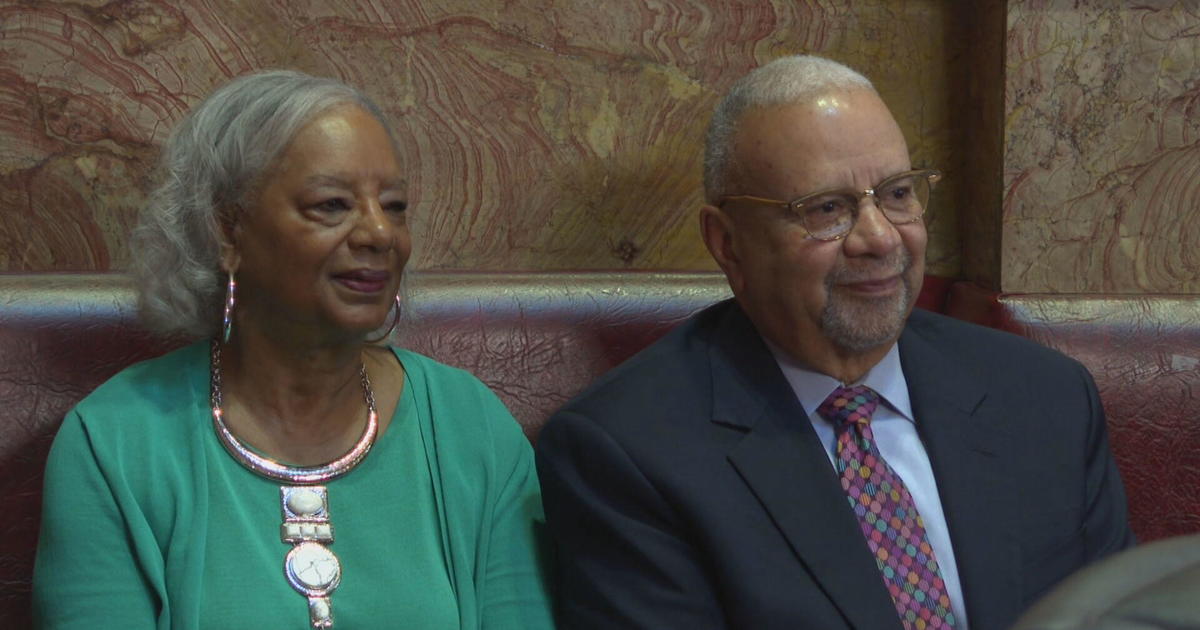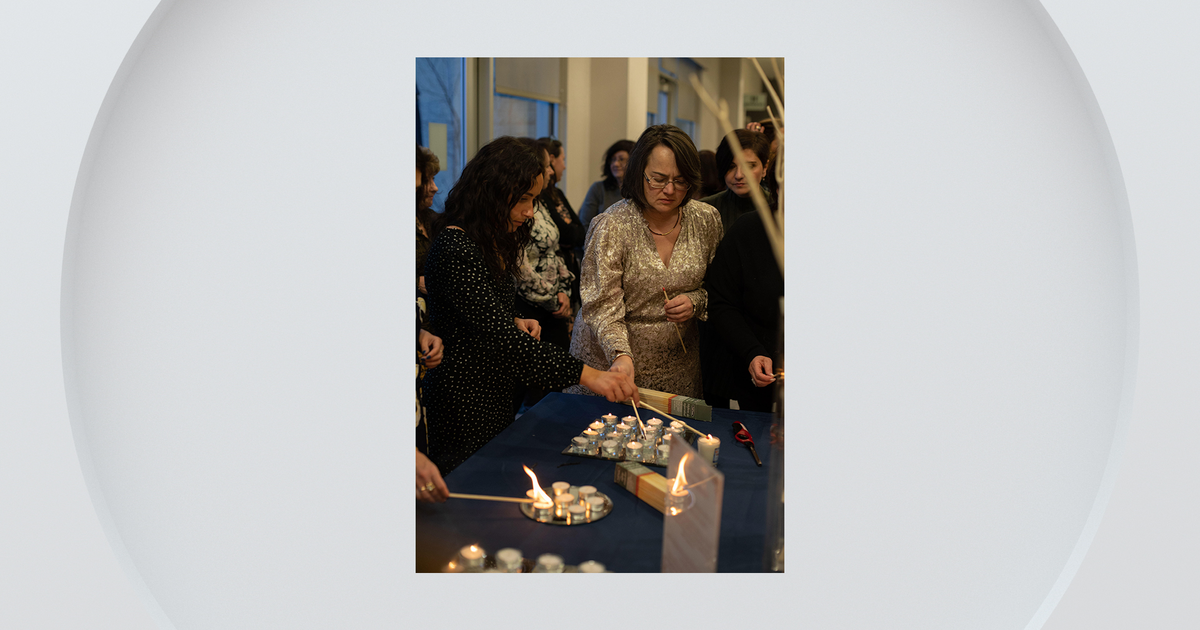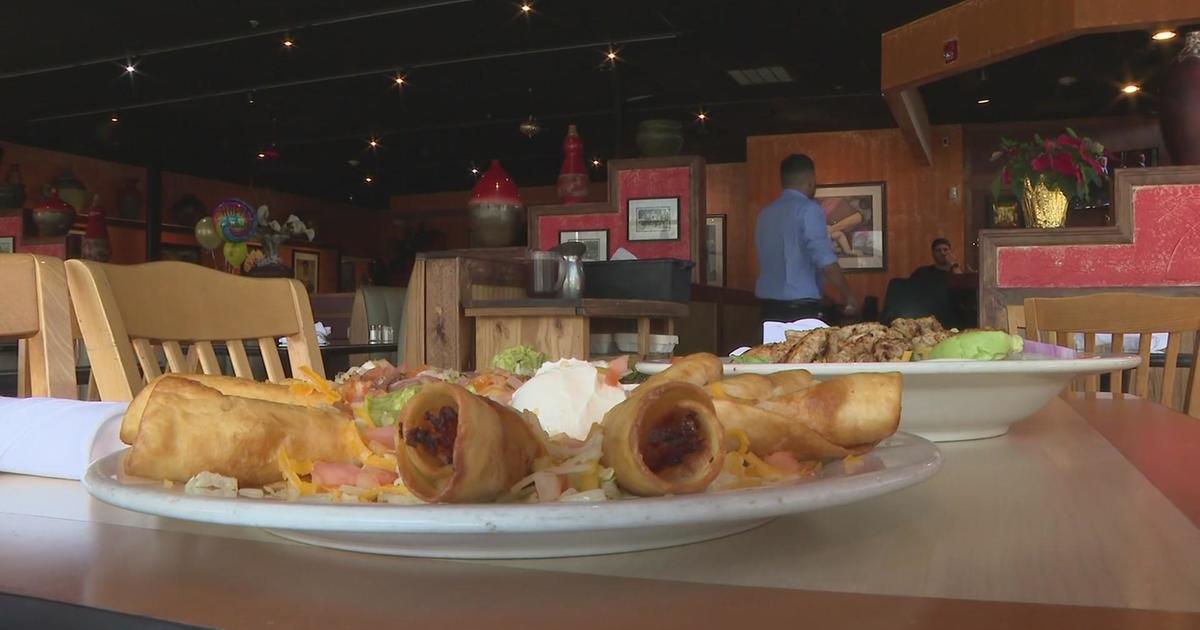COVID In Colorado: Caregivers Receive Help Through Resiliency Program
LAKEWOOD, Colo. (CBS4) - A year into the pandemic, the physical and mental health of frontline health care workers remains a major concern. At St. Anthony and St. Anthony North hospitals, a program has been working to address that over the last year.
Centura Health calls it the Caregiver Resiliency Program. Over the last year, those in charge of it have worked to offer mental health resources, as well as coordinate thousands of meals for frontline staff who remain in the throes of the COVID-19 pandemic.
"It seems like everything is multiplied by ten emotionally, physically, mentally," said Emily Schorstein, ICU assistant nurse manager at St. Anthony North. "The amount of death and dying that we've seen is just nothing we've ever seen before."
The goal of the program is to nourish and support the caregivers as they continue to experience unprecedented stress and feelings of burnout.
"How do we help them get through the day feeling like the community is wrapping their arms around them," said Carrie Bach, Executive Director of the St. Anthony Health Foundation.
According to Bach, the idea for the program started after community members flooded the hospital with donated meals and PPE early on in the pandemic.
Since then, the Caregivers Resiliency program has coordinated 40,000 meals to the two hospitals, as well as offered countless mental health and mindfulness resources. Program leaders have also worked with community members to arrange smaller gestures, such as a delivery of Valentine's Day cards in February.
"The pandemic still isn't over and our caregivers do still need that day to day support from the community," Bach said.
Moving forward, hospital leaders are also looking into adding another focus to the program to address mental health concerns that may bubble up later. One possibility could be adding more resources, as they don't expect the stress, burnout, and PTSD among frontline caregivers to end when the pandemic does.
"How do we address the long-term effects of Post-traumatic stress disorder, how do we look at vicarious trauma, how do we make sure that in a year from now our health care workers still feel like they want to get up and go to work every day?" Bach said.
According to Schorstein, having hospital leaders and the community continue to show they care is a start.
"Knowing that there are people thinking of you on the outside, it is kind of helpful to pull you out of what you're doing a little bit as well," She said.
The program is still coordinating meals and donations for staff. If you are interested in helping, you can visit centura.org/foundations.



